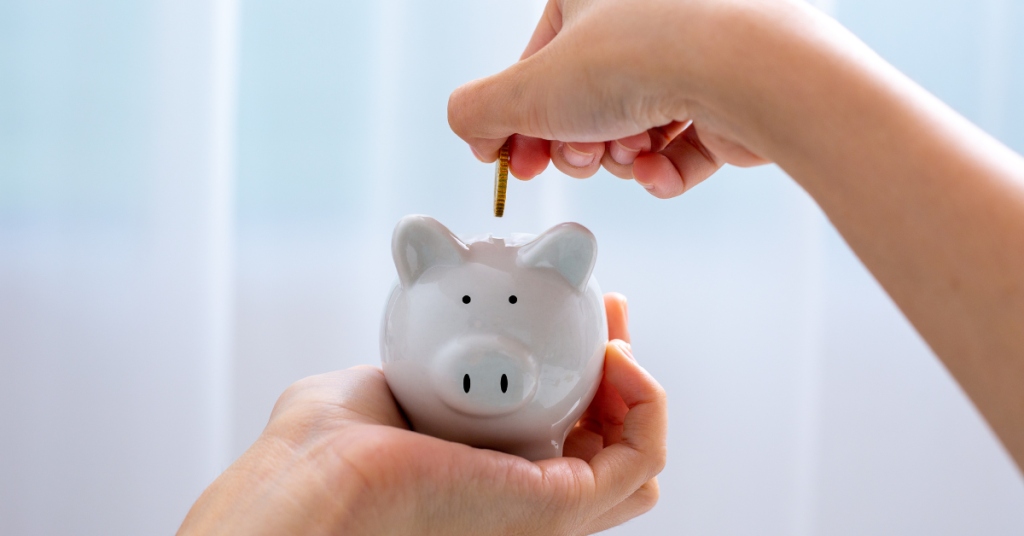When people hear the words “emergency fund,” most imagine hospital bills or sudden illness. But for Registered Financial Planner (RFP) Marion Evangelista, that view is far too narrow—especially today.
“With the current rise in price of oil and commodities, companies may want to downscale and, as such, may reduce some or most of its workers,” Evangelista said in an exclusive interview with Financial Adviser PH.
In this volatile economy, job loss, inflation, or company restructuring can hit anyone—regardless of job security. That’s why Evangelista stresses the importance of setting aside cash that can cover life’s unexpected turns, not just medical ones.
“Most financial planners recommend an emergency fund equivalent to 6 to 12 months’ worth of expenses,” he shared. It’s not just a number—it’s a financial buffer that buys you time, options, and peace of mind.
Even tenured employees aren’t immune from economic turbulence, Evangelista warns. “Even if you are an employee with security of tenure, this still presents itself as a risk,” he said. “When this risk affects you, use your emergency fund to augment for expenses as you transition to a new work.”
For many, the alternative is dipping into investments or taking on debt during a crisis—both of which could derail long-term goals. “Thankfully, there was no emergency that necessitated the need to sell my holdings at a loss at a time when the market was down,” Evangelista recalled about his own early experience in investing. But not everyone is that lucky.
That’s why he believes emergency funds should sit alongside investments in any sound financial plan. “An ideal asset portfolio, however, should have a portion for cash,” he said.
And in the digital age, emergency funds don’t necessarily mean wads of cash stuffed under your mattress. Evangelista points out that cash is now “not literally on your hand. It’s now cashless.” E-wallets, online banking, and digital banks offer fast access to funds while earning interest or staying safe from theft.
Emergency funds also help avoid unnecessary debt. “Cash can also be used to pay for household expenses. For people who have difficulty managing their credit card bills, this is the way to go,” he added.
Whether you’re a fresh grad just starting to save or a mid-career professional with investments, the lesson is clear: emergencies aren’t always what you expect. They can come quietly, in the form of layoffs, inflation spikes, or family needs—and if you’re not prepared, they can throw your financial plan off course.
“Cash is king,” Evangelista concluded. “And it is best to have the king by your side.”
![]()



